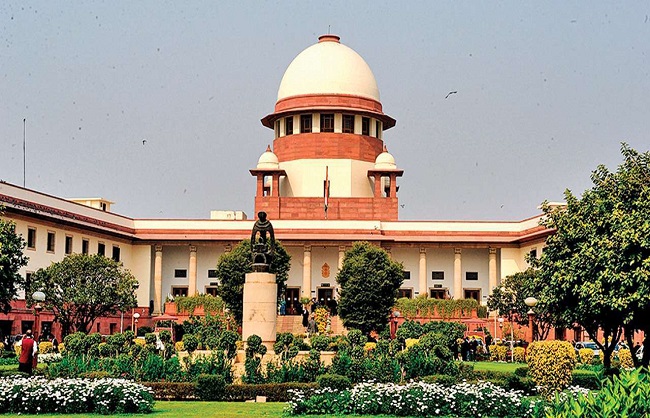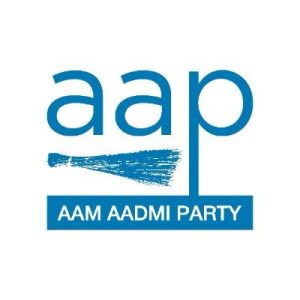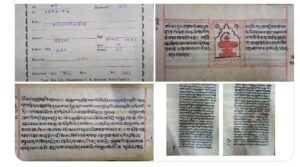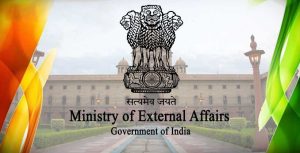New Delhi, 2 November: The Supreme Court on Thursday reserved its verdict on the third day of hearing on the petitions related to challenging the electoral bonds.
A five-member Constitution bench headed by Chief Justice DY Chandrachud directed the Election Commission to file all the data on electoral bonds until September 30.
The Supreme Court said that these figures should be filed in a sealed envelope in the Supreme Court registry within two weeks.
The Supreme Court said that the Election Commission should collect the data on funds from the State Bank and political parties. During the hearing, the Supreme Court asked the Election Commission why no data was filed after 2019, despite our order.
The court said that there are flaws in the current plan. If the legislature wishes, it can bring a plan with more transparency. The job of balancing has to be done by the executive and not by the judiciary.
During the hearing, the Chief Justice told Solicitor General Tushar Mehta that some things need to be considered in this matter. First, there is a need to reduce cash transactions. Secondly, authorised banking channels like checks, drafts, or direct debit should be used. Third, there should be transparency in this scheme. Fourth, this scheme should not become a way to legalise the acceptance of kickbacks (bribery).
During the hearing on November 1, the Chief Justice said that electoral bonds are confidential only for selected people. Only the agencies or the State Bank will know who has donated how much to which party. This scheme does not give equal opportunities to all political parties.
During the hearing, Solicitor General Tushar Mehta, on behalf of the Central Government, said that more donations go to the account of the ruling party. This is the reality.
Then the Chief Justice asked why it is that more donations are made to the ruling party. Then Mehta said that I cannot make any guess as to what the reason is for this, but the statistics show the same.
During the hearing on October 31, lawyer Prashant Bhushan, appearing for the petitioners, said that through amendments in the Foreign Exchange Act, a foreign company registered in India can also make donations. Earlier, there was a complete ban on this.
On this, the Chief Justice had asked that this have nothing to do with electoral bonds. Earlier, there was a limit on corporate donations to political parties, but now there is no limit. Many amendments were made for this. Earlier, the corporation had to disclose to whom it donated. Now the corporation does not have to disclose to whom it donated, but some donations have to be disclosed.
Attorney General R. Venkataramani filed his affidavit in the Supreme Court on October 30 on the matter of petitions related to challenging the electoral bonds.
The Attorney General has said that this issue is not for judicial review, nor is it a subject on which the court should issue guidelines. There should be a debate on this issue in Parliament. Electoral bonds do not infringe any existing rights, and the scheme itself provides privacy. Electoral bonds are justified under Article 19(2) of the Constitution. In this article, the central government can impose some restrictions on fundamental rights.
Apart from the Chief Justice, the five-member Constitution Bench includes Justice Sanjiv Khanna, Justice BR Gavai, Justice JB Pardiwala, and Justice Manoj Mishra.





